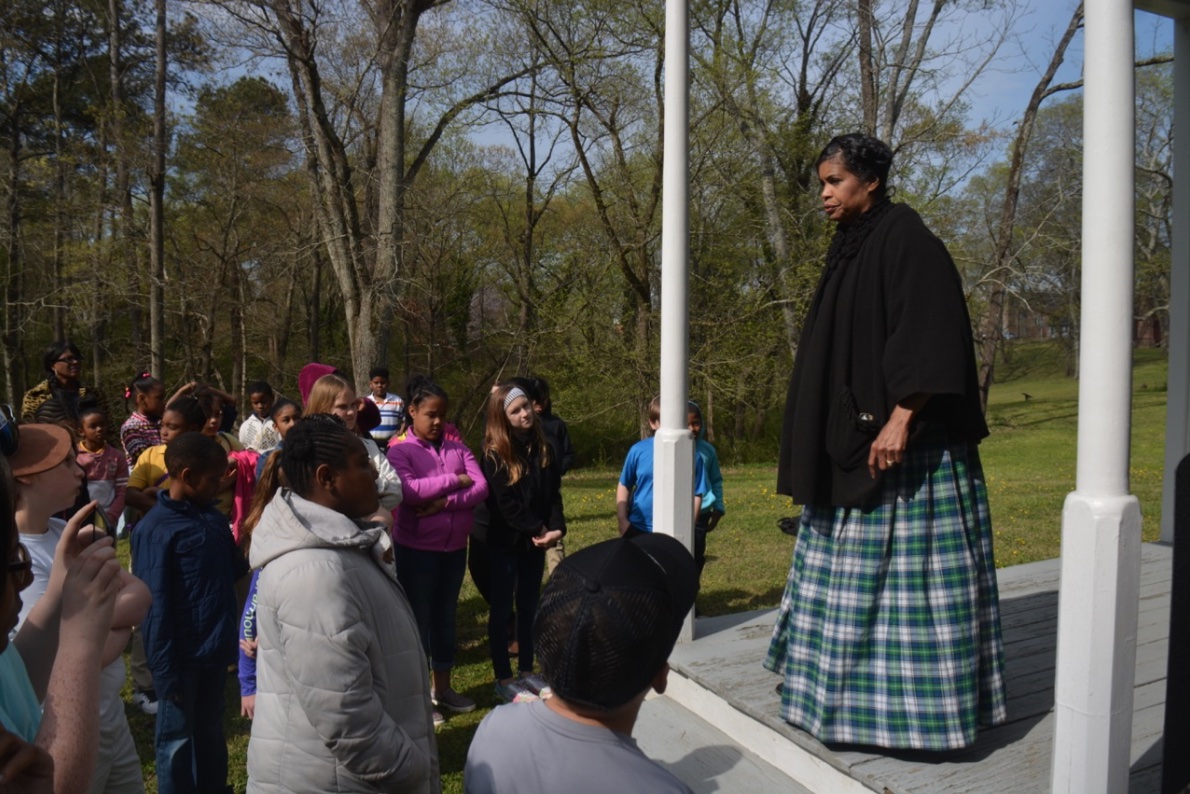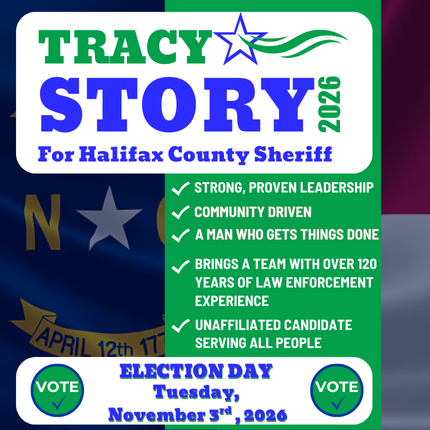On Saturday the Halifax County Underground Railroad Board will hold a program to honor what county commissioners declared in a resolution last week as Halifax Underground Railroad Day.
Registration for the program begins at 10 a.m. outside the visitors center in Historic Halifax.
“We’re trying to keep it simple for the first time,” said Sandra Bryant, president of the board. “The proclamation will be read, we’ll share history about the organization.”
Attendees will tour the jail on the grounds of the historic site, a jail where many attempting to run away were held after their capture.
History will be shared about the Burgess House, which at one time was owned by Blacks. “We want to have people try to imagine what it was like seeking freedom and trying to get to the Roanoke River.”
There will also be a presentation by Jackie Ruffin-Pittman, who portrays Piety, who served as a cook for the Roanoke Navigation Company and made a living until she was recaptured. She was the subject of a newspaper ad seeking her recapture.
In recent years information has come to light about the river and its role in the Underground Railroad.
The resolution commissioners approved last week speaks to the designation of the river, Historic Halifax and the Roanoke Canal as official sites of the National Park Service’s National Underground Railroad Network to Freedom.
“America’s economic success from the Colonial era to the Civil War depended on the institution of slavery,” the resolution says. “Enslaved people of African descent worked to exhaustion on plantation fields, in the homes and in the businesses of their owners. They experienced beatings, branding and brutal work as well as being sold at auctions.”
However, the document says, freedom seekers resisted slavery by fleeing across state lines and international borders to liberty. “Freedom seekers journeyed alone through dark swamps, dressed in disguises,” and often traveled in hidden wagon compartments, some aided by family, fellow freedom seekers and abolitionists.
“ … The Roanoke River played a major role in communications between free and enslaved people due to the boatmen plying the waters and spreading information to people along its banks.”
Quakers in Northampton County across the river from Halifax, aided more than 600 freedom seekers in their flight from North Carolina. “The river provided a path, place to hide, food and at times transportation by sympathetic boatmen.”
Bryant said there are many people who haven’t heard about the group and the information is trying to uncover. “We’re trying to recruit new members. It’s something I’m excited about.”
In 1835, Bryant said, there were 300 registered Black voters in Halifax. “We’re trying to find out who they were and trying to connect with their descendants. That could help promote the organization nationwide.”
More information can be found at the group’s website, its Facebook page or via






